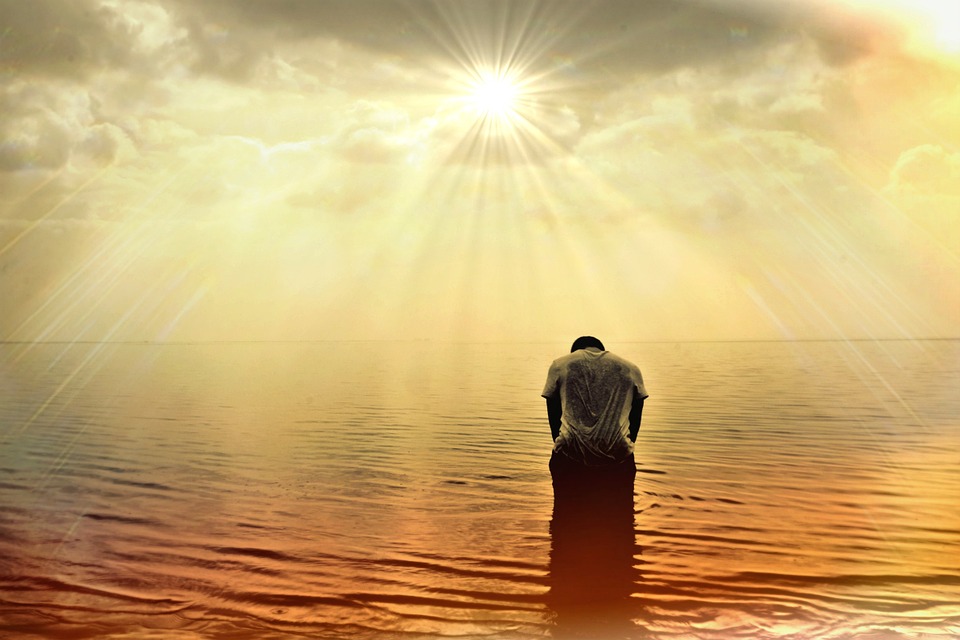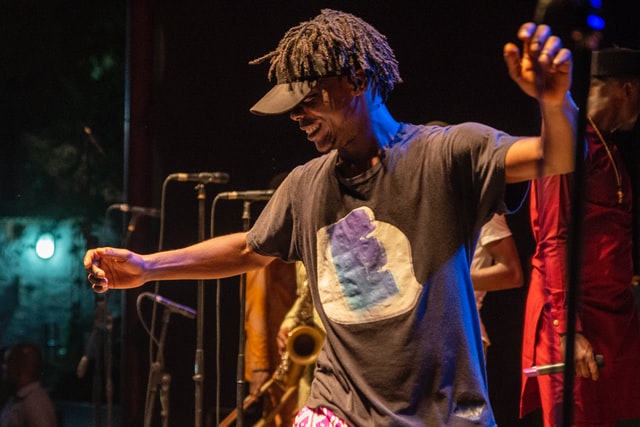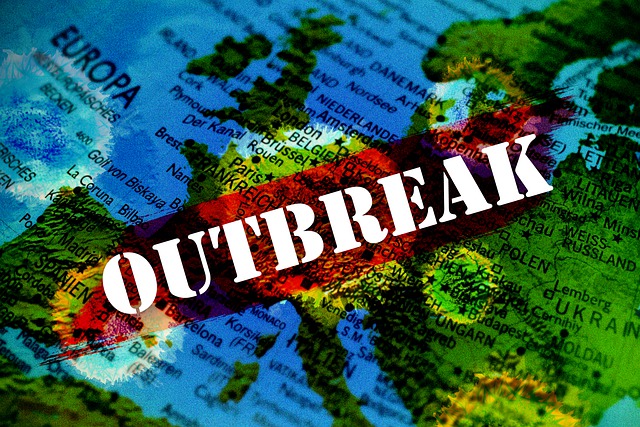But I pray, why do I still need counseling? You’ve probably heard someone say this or you’ve thought it yourself. I get it, I used to think so too. But it is not accurate. If all we needed were prayers without action, then we wouldn’t need medical doctors, dentists, scientists, how far do you want to go? It would be unwise not to go to the hospital if you are seriously sick or not to study for an exam because you prayed about it. But for some reason, when it comes to mental health, prayer becomes the only resource. We don’t think of our mental health as deserving of equal attention. Why is that? Let’s talk about it!
I’ve told you a little about growing up in Cameroon, we had negative perceptions of mental illness, mostly stigma around it. This is still common not only in Cameroon but in various parts of Africa (and in the U.S.) though the level of stigma varies depending on the location. I believe many of our perceptions come from lack of knowledge of mental issues along with cultural factors that influence people’s understanding of mental health and illness. One of the cultural influences for Africans is spirituality.
Africans and the spiritual realm
Many African countries place a high importance on the spiritual world. Spirituality connects the individual to their higher power and ancestors. Previous African scholars have said it is impossible to disconnect the African from the spiritual realm. It is part of our African history that influences us till this day. Being connected to the spiritual world implies connection to both positive and negative aspects of it. There is a recognition that there are supernatural powers that can be healing and those that can be evil. God is powerful and can provide healing. And witchcraft exist.
American movies and TV shows like The Wizard of Oz, Harry Potter, Game of Thrones, Charmed, Sabrina the Teenage Witch glamorize witchcraft. But in many parts of Africa, the evil spiritual world is alive and has real implications for people’s physical lives. In some parts of Cameroon, we call it “ngambe” meaning that someone has done witchcraft in order to achieve a particular outcome. Someone can do ngambe to get money and wealth, to gain success at something, and even to poison or kill someone. But witchcraft is not new. The Bible talks about “mediums” and “spiritists.” I won’t go into detail here, but if you want to read more on this, the passage in 1 Samuel 28 describes King Saul consulting a medium. That didn’t end too well for him…. but I digress… All this to say the spiritual realm is complex and Africans are quite aware of this, maybe even too much so to the point where it can be difficult to discern what is witchcraft from what is mental illness.
Where Africans turn for help
This blurry line between witchcraft and mental illness determines where people go to find solutions. Think of it this way, if I believe the problem is as a result of witchcraft, I turn to the spiritual realm for help. I might choose to go to a witchdoctor. Not sure what that is? A Cameroonian man from my study defined it as such:
A Witch Doctor is somebody who believes they have magical powers, they have super powers beyond human understanding to solve complex problems. They can see things which the natural human eyes cannot see. I mean they can maybe see the future, see the past so through some unknown power by some folk, calling some god or goddess. I mean some people can refer to it as witchcraft, other people, people call it different names.
If I am not into witchdoctors and I am a Christian, I turn to church and prayer. Let me give you an example.
A friend of mine told me about his African roommate who was struggling with what I believe was depression and a lot of stress. He was having a difficult time adjusting to life in the U.S. It was challenging because English wasn’t his first language, he was navigating bringing his family to the U.S., and he worked long night shifts at a job that didn’t pay too well. He soon lost his job hence was having a hard time paying rent. So, he became more and more distant, he started spending a lot more time in his room by himself saying loud prayers asking God to destroy his enemies.
From an African worldview, his perception could be that people are against him trying to hinder his progress. He may believe that someone has done ngambe on him, hence the prayer to destroy his enemies. While I do not discount the evil spiritual forces that exist and that could play a role in any ill situation such as his, I believe WE CAN DO MORE IN ADDITION TO PRAYERS. And that’s the main point I want you to take away.
We need to ask ourselves, have I exhausted all possibilities? What can I do differently? What am I missing? Where can I go for more assistance/education on my problem?
God works with what we make available to Him
Where do we draw the line between the spiritual and mental world? Honestly, humans are so complex that I don’t have a clear answer. BUT we must remember that humans are spiritual, physical, and also mental and emotional beings. Therefore, we need to address all aspects of our humanity. Fortunately for us, all these parts of us are intertwined so having a healthy spiritual life helps us in general. God is good and able to help us. Actually, I believe the reason why we have so many resources available to us through various professions is because He continues to teach us new ways to help each other. Decades ago the medical profession was not as advanced as it is today. He made that possible. He loves us deeply and says,
“Give all your worries and cares to God, for he cares about you” (1 Peter 5:7 NLT).
So yes, pray! And after you pray, get up and do something. After all, the scriptures also say,
“Faith by itself, if it is not accompanied by action, is dead.” (James 2:17 NIV)
“The one who is unwilling to work shall not eat.” (2 Thessalonians 3:10 NIV).
These passages were written to early Christians reminding them of their personal responsibility to take actions toward their desired outcome.
If you have prayed for a job, God will not come down and send in applications for you nor would He go for job interviews in your place. You will do that. God will not come down and give you the skills you need for the new job, you are the one that educates yourself, right? Similarly, educate yourself on your problem – do some research. The good thing about living in 2019 is that we have easy access to information not only through the people around us but also through the internet. I am not recommending that you diagnose yourself or your child, rather before jumping to any conclusions, get more information.
Lastly, mental and emotional skills CAN be learned. You or your loved ones can get treatment and healing for your issues. In fact, one of the things therapists do is teach people skills to help them manage their personal lives. Therapists educate people on their emotional and mental experiences, and how that affects their behavior and relationships with others. Going for therapy is like going for classes on self. If God can use teachers to train you intellectually, medical professionals to provide you with physical healing, why don’t you think He can use therapists as part of your solution?
Are you making therapy available for Him to use?
If now you are wondering how to move forward, read this post on ways to find affordable mental help also look at my resource page. This post could help you understand what is getting in your way of seeking help.




3 Responses
This is great!
Great piece, Dr Amin!
One has to wonder where is the mental health space on a continent where poverty and ignorance are left unchecked by respective states?
Secondly, what is the role of colonialism in the spread of foreign religions( non-African) on the view of mental health in low-income weak African states?
You are posing some great questions… worthy to be answered in another post or discussion group. These are questions that we Africans need to spend more time discussing and brainstorming on ideas to help our continent.